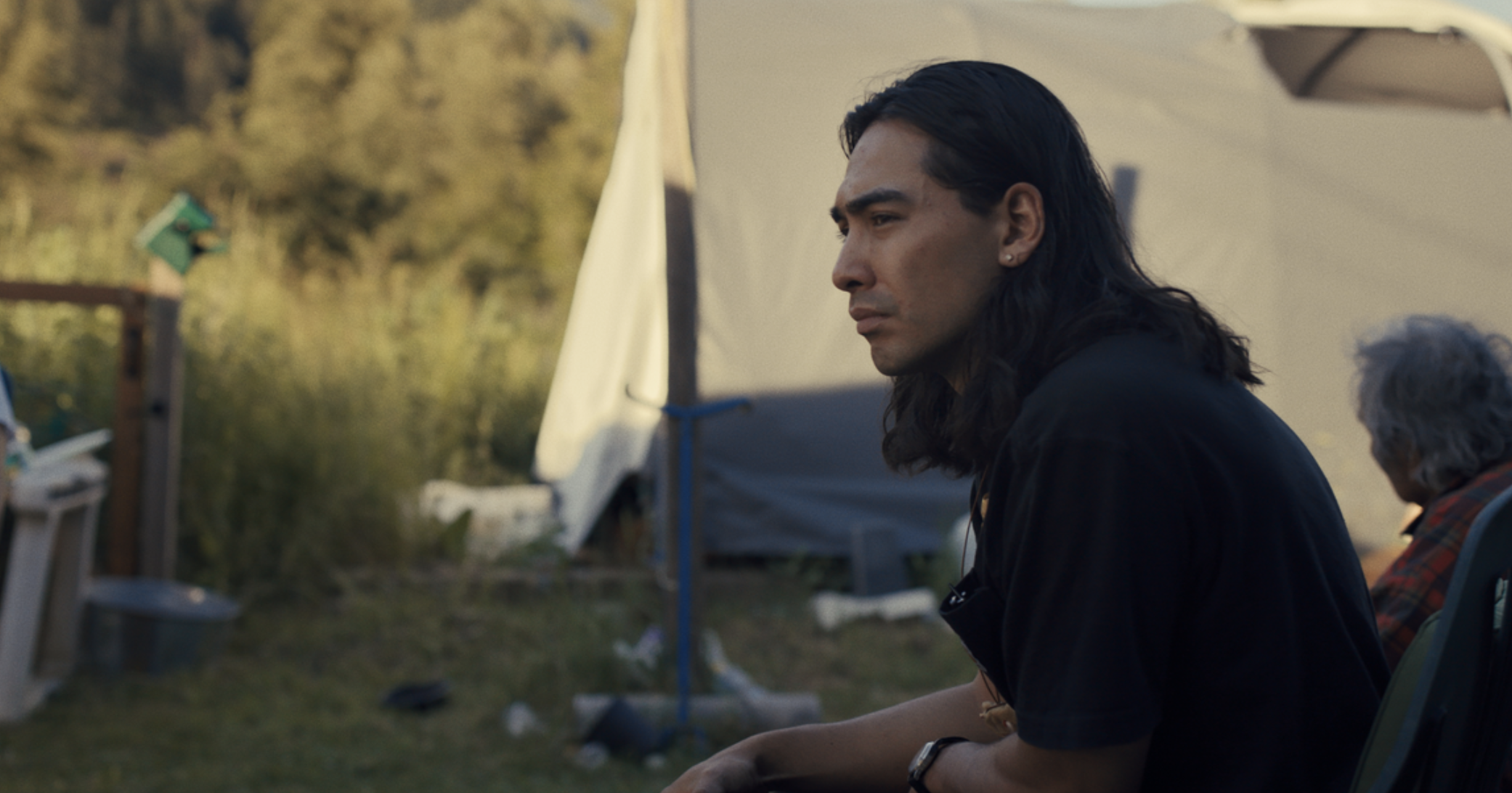Julian Brave NoiseCat and Emily Kassie’s SUGARCANE is an unflinching examination of the Canadian Indian residential school system and its multigenerational impact on Indigenous families. By intertwining survivor accounts, archival material, and investigative journalism, the film aims to uncover a dark chapter of systemic oppression and explore the lingering scars it has left on descendants. The result is a film that is deeply important, often powerful, but occasionally constrained by its own methodical approach.
The premise of SUGARCANE is deceptively straightforward: an investigation into the residential school system where Indigenous children were forcibly removed from their families and subjected to cultural erasure, abuse, and neglect. However, as the narrative unfolds, it becomes clear that the story is anything but simple. The film dives headfirst into survivor testimonies, which form the emotional backbone of the documentary. Their recollections—unflinching, raw, and deeply personal—serve as both an indictment of the system and a testament to their resilience.
The filmmakers deserve credit for giving space to the voices of survivors. Each testimony is presented with care and reverence, avoiding sensationalism while allowing the gravity of their experiences to resonate. Particularly moving is the story of a woman whose family line was nearly severed by her time in the schools, and yet who finds small acts of joy and resistance in the traditions she fought to reclaim. These moments are where SUGARCANE shines brightest, capturing the tension between pain and perseverance that defines the legacy of these institutions.
Visually, SUGARCANE opts for a restrained, almost meditative style. Archival footage and photographs are interspersed with sweeping shots of the Canadian wilderness, a stark juxtaposition that underscores the unnaturalness of the schools’ existence against the land’s timeless beauty. Mali Obomsawin’s score weaves through the narrative, subtle but evocative, enhancing the film’s emotional heft without overshadowing the voices at its core.
The documentary’s investigative elements add a compelling layer to its storytelling. Kassie and NoiseCat meticulously trace the system’s roots, revealing the governmental and religious complicity that allowed it to thrive. However, this methodical approach occasionally slows the film’s emotional momentum. The transitions between the personal and the procedural can feel jarring, and some segments lean too heavily on exposition, creating moments where the film risks losing its emotional grip.
One of SUGARCANE’s most striking achievements is its handling of intergenerational trauma. Through the lens of descendants, the documentary captures how the pain inflicted by residential schools reverberates through time. These stories add depth to the narrative, showing how systemic cruelty shapes identities and relationships across decades. Yet, they also offer glimpses of hope, as descendants work to reclaim what was stolen and rebuild fractured cultural connections.
While the film’s scope is undeniably ambitious, it occasionally struggles to balance its multiple threads. The meticulous detailing of systemic injustices is essential, but it sometimes overshadows the human stories that make the film so compelling. A tighter focus on a smaller group of individuals might have allowed for a more emotionally cohesive narrative without sacrificing the broader critique of the system.
SUGARCANE is at its most impactful when it lets the survivors’ voices guide the story. The moments where the camera lingers on their faces, capturing their pain, strength, and determination, are deeply moving. These scenes remind us of the personal cost of systemic oppression, grounding the documentary’s broader themes in lived experience.
It’s worth noting that SUGARCANE doesn’t offer easy resolutions. The film doesn’t pretend that the wounds inflicted by the residential school system can be healed with a single reckoning. Instead, it highlights the ongoing struggle for justice and recognition, refusing to let its audience look away from the long road ahead. This unflinching honesty is one of the film’s greatest strengths, even as it leaves viewers with a heavy heart.
THE VERDICT
Ultimately, SUGARCANE is a powerful, if imperfect, exploration of a painful history that demands to be remembered. It succeeds in amplifying the voices of those who lived through the horrors of the residential school system and those who continue to grapple with its aftermath. While its investigative structure sometimes dulls its emotional edge, the film’s commitment to truth and justice ensures its place as an important, necessary work.
TED TAKES RATING - 6.2/10
SUGARCANE is now streaming on Disney+. Check out the latest trailer below.










